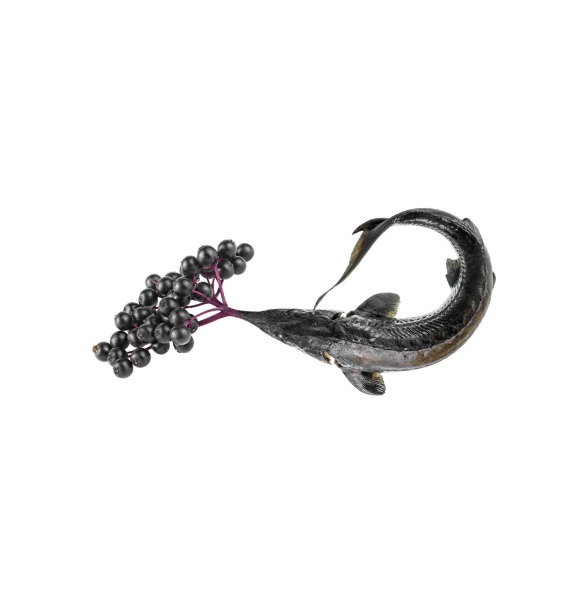News
Ekaterina Alekhina’s very own eco-system
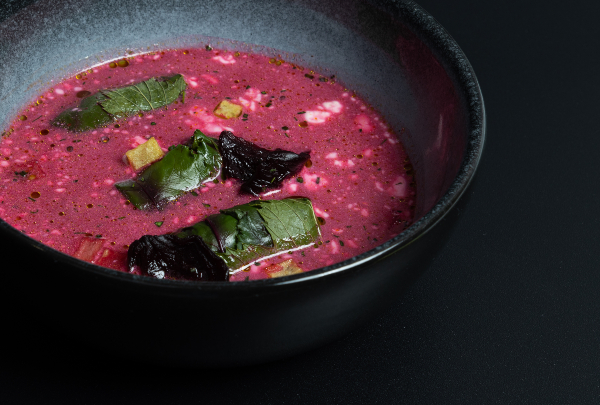
The Russian chef shows her special way of understanding gastronomy, in which “we collect everything that has been thrown away”.
To the west of Moscow, outside the circular dual carriageways that surround the Russian capital, there is a small village with an almost unpronounceable name: Il'inskoye. It is here that Ekaterina Alekhina decided to fulfil her childhood dream: to become a chef and set up her own restaurant, Biologie. A professional reality that she had been quite clear about since she was eight years old and that now offers one of the most unique visions of gastronomy in her country. “We collect everything that has been thrown away”, Alekhina summed up her philosophy in the kitchen on the stage at Madrid Fusión Alimentos de España. “On certain occasions, doing this is more expensive. But I am an artist and it is a way to express myself. We can produce content that shows people that you can do something new”, she explained on stage.
Alekhina described some practical examples of her commitment at Biologie to sustainability. When she went to buy crockery for the restaurant from some craftsmen, she discovered a pile of dishes that were going to be destroyed. They were scrap. She took all of them home. She is now making a chandelier with bottles and she has painted the pictures in her restaurant herself. Or when she started working with scallops (bred by the restaurant itself), she decided that the shells would be saucers. And from the inside of the mollusk, she makes use of the “legs” to make a garum sauce to accompany the wheat and the heart of the scallops. As a finishing touch, a foam of foie-gras, pecorino cheese and cream and a bit of tarragon oil.
The Russian chef, as well as stressing her message that we have a responsibility to everything around us, prepared some golubzi (cabbage rolls stuffed with fish as she doesn’t like meat) with potatoes, smoked sour cream and beetroot soup, the classic Russian borscht.
More examples of recycling in the kitchen: “We mix potato skins and coffee grounds”, Alekhina stressed, who uses the bread from the day before to make marshmallows with stracciatella cream and a special panna cotta. “We discovered that by combining fermented milk with frozen potato skin you can achieve a texture and flavour like panna cotta”, she pointed out.
A vision of cooking that expanded at the Muscovite cooking school, Ragout, and blossomed in the kitchens at Arzak. “I finished my studies there two years ago. They provided me with the foundations so that I could grow”, the Muscovite chef said, who has joined other figures in her country’s cuisine such as the Berezutsky twins, Vladimir Mukhin, the Grebenshikov brothers, Igor Grishechkin, Dmitry Blinov and Hezret Berdiev.

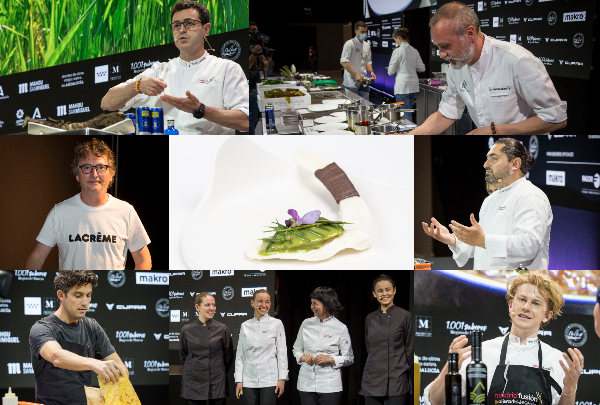
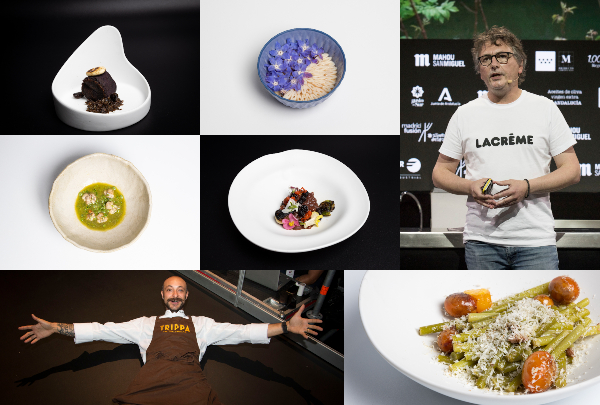
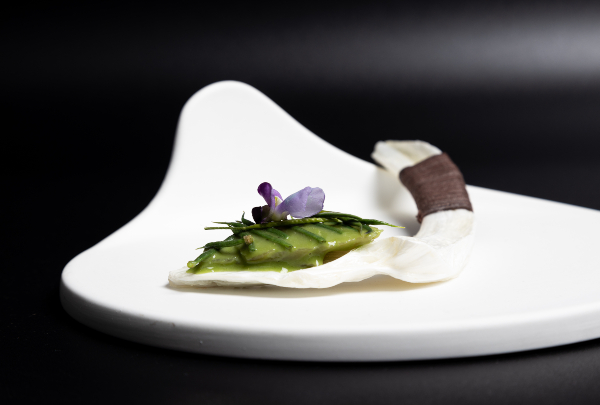
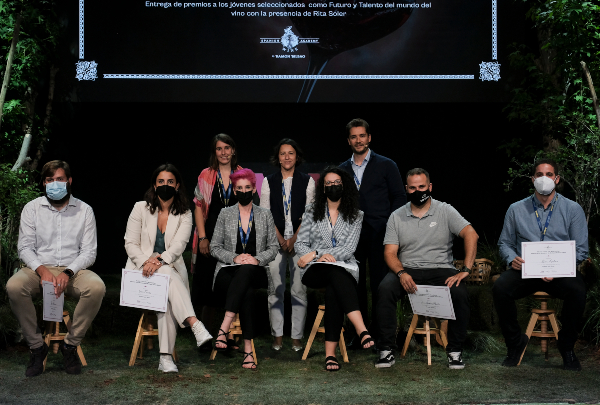
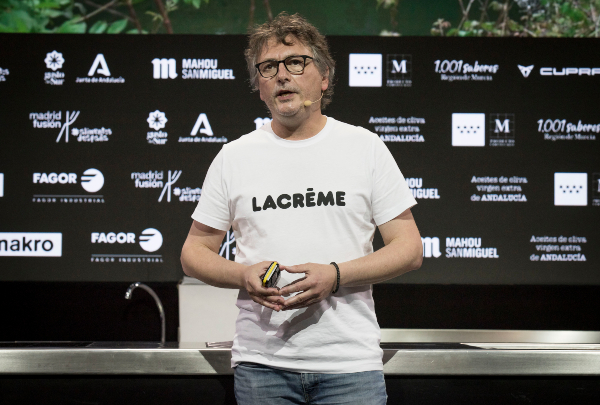
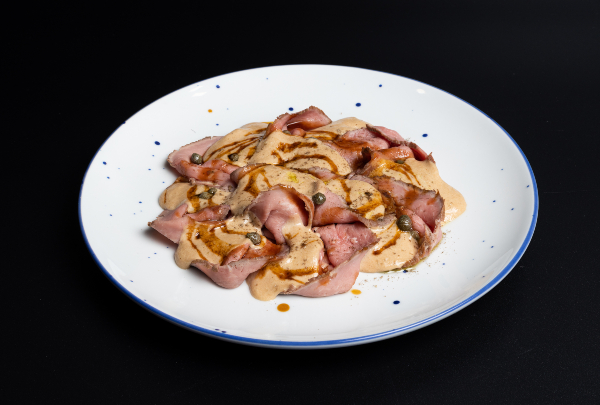
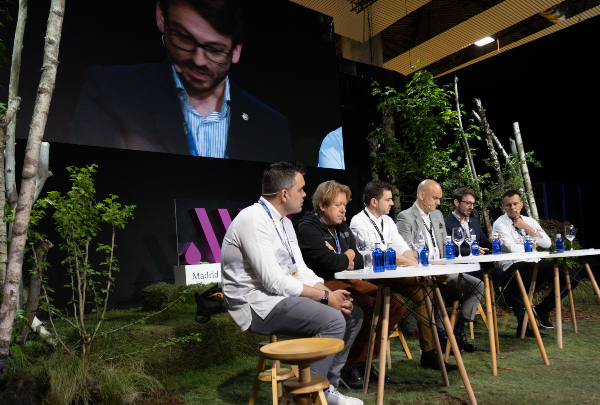
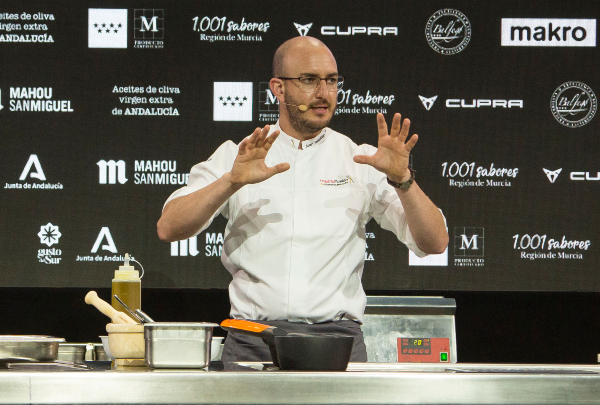
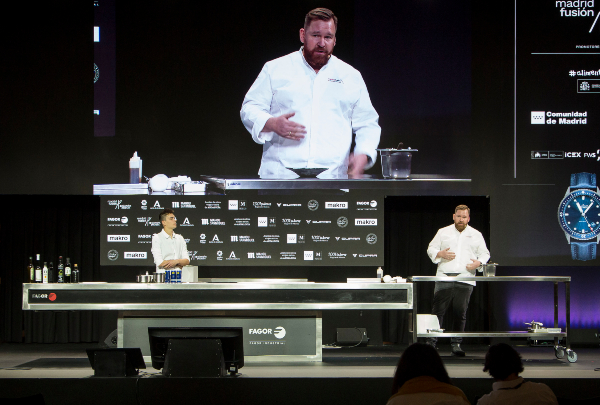
.jpg)
